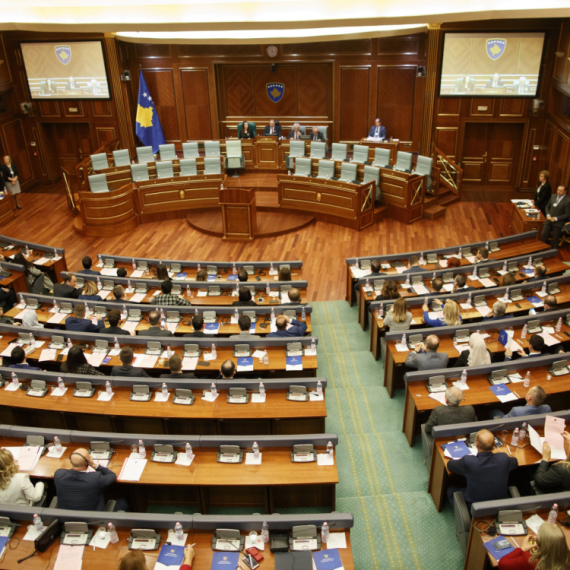Iranian authorities have urged citizens to immediately delete popular mobile applications such as WhatsApp and Telegram, claiming that Israeli security services use these apps to track and target individuals within Iran. State agencies report that these applications serve as a primary tool for Israel to identify and target individuals, amid escalating tensions between Iran and Israel. WhatsApp has denied these claims as false, emphasizing its end-to-end encryption and stating that it does not track users’ exact locations. This warning comes amid ongoing conflict escalation, including missile attacks and military operations between the two countries. Authorities advise citizens, especially those working in key state institutions, to use secure communication channels and avoid insecure software to reduce the risk of espionage and attacks.
Political Perspectives:
Left: Left-leaning sources emphasize the privacy and security aspects, highlighting WhatsApp’s defense of end-to-end encryption and criticizing the Iranian government’s warning as potentially politically motivated or as a pretext for internet censorship. They may also focus on the broader context of surveillance and human rights concerns in Iran.
Center: Centrist sources report the facts of the Iranian government’s warning and WhatsApp’s denial without strong bias, providing balanced coverage of the escalating tensions between Iran and Israel and the implications for citizens’ digital security.
Right: Right-leaning sources tend to emphasize the threat posed by Israel’s intelligence operations and the Iranian government’s warnings as justified. They may highlight the security risks and the ongoing conflict between Iran and Israel, supporting the narrative of vigilance against foreign espionage.









































